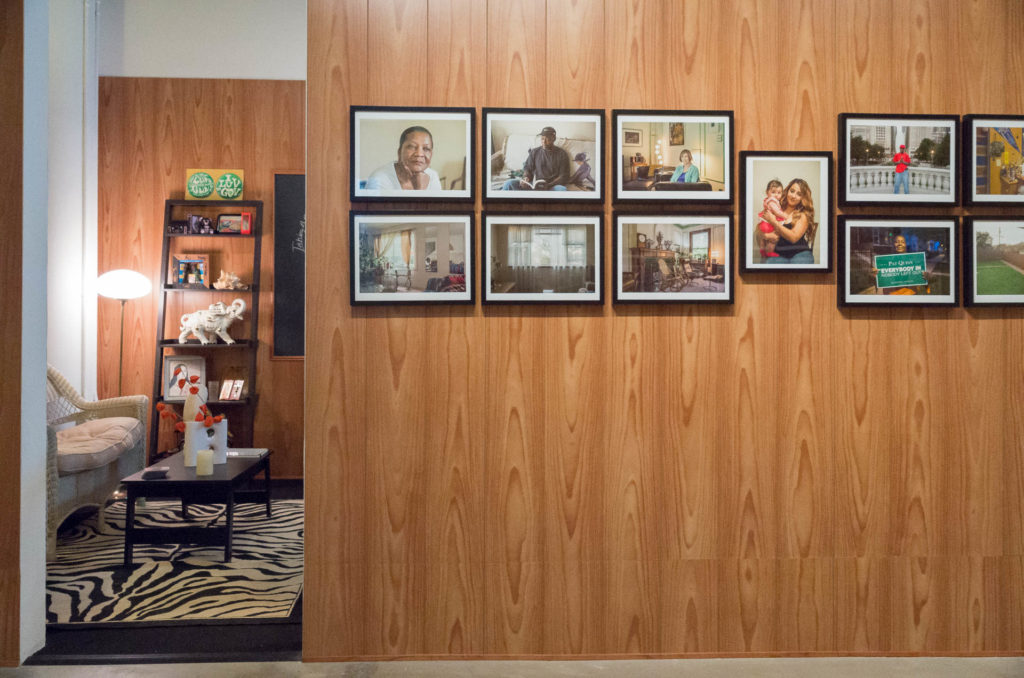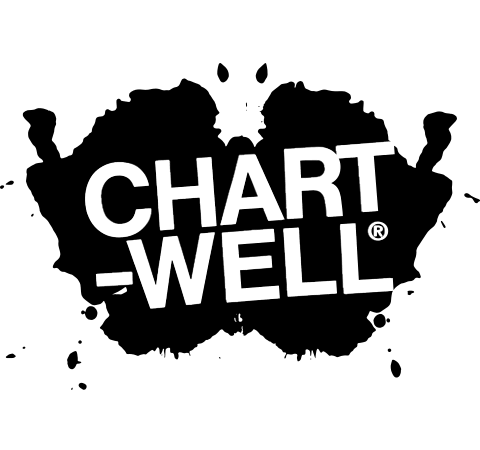
Laurie Jo Reynolds, installation for Tamms Year Ten Family Room, A Proximity of Consciousness: Art and Social Action, School of the Art Institute of Chicago, 2014. Image Credit: Soohyun Kim.
With Covid-19 closures, there is a growing national and international debate about the value of art as an essential human need on an individual, community and national level.
In 2020, The Arts Foundation, art industry groups and Creative New Zealand are articulating this in a communal response to the New Zealand Government, presenting a collaborative manifesto as to the value of the arts. Educators are instigating the development of a national arts-rich resource for teachers in this time of changing priorities.
In an article published on artnet.com, writer Deborah Fisher, makes some astute points about how the value of the arts could be perceived post Covid-19. Although our movements and environments are restricted in the current situation, there are no limits placed on our imagination. The visual arts offer an experience of making and materials, of imaginative mind and dream states, and of satisfying a human need.
Fisher writes that funders and advocates need to find ways to encourage art to become more integrated into the fabric of (nuanced) daily life, “we could learn to embrace nuance instead of crave spectacle. We could invest more in the history that connects art practice to community organizing and movement building. We could even make more art ourselves.”
Relating to this ’making for ourselves’, Fisher explains the personal and communal participatory art process as powerful “because it invites participants and viewers to consider their own agency and actions in the world.”
She outlines the benefits – the teaching of new skills, decision making, and encouragement to take better care of one another. She is articulating the social value of art as a public resource. She challenges art museums, as they re-open, to communicate with their audiences about the value of art and to reach those who “are legitimately hungry to enjoy it in ways that feel challenging, deep, and consequential.”
